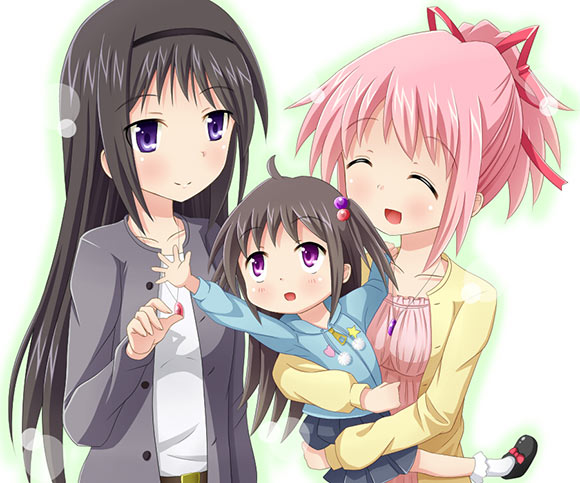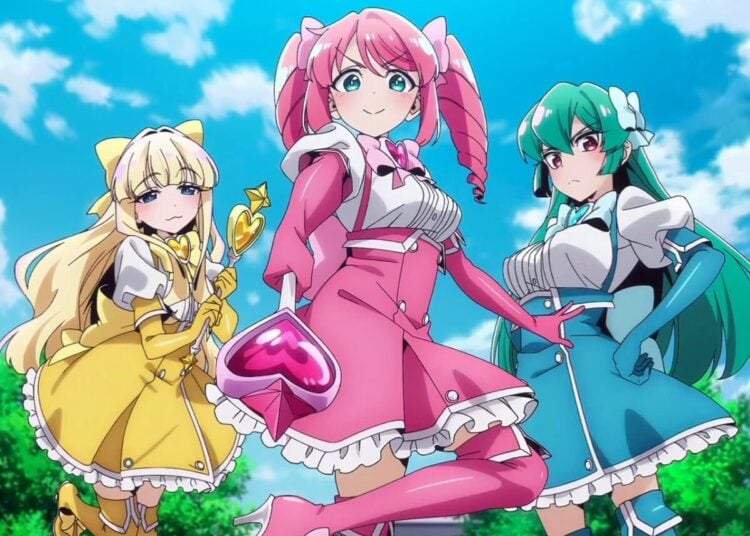Names in Japanese are interesting, so I thought I’d write about how they work. Japanese names are generally written with kanji characters, and just as there are many (often annoying) alternate spellings for Jason or Jasmine or Kaylee, parents have the option of choosing from several suitable name kanji depending on their personal preferences. Often they’ll encode their dreams for their new child in its name, such as choosing 勉 Tsutomu (meaning “diligence, effort, hard work”) for a son if they want him to study hard. J-List’s artbook buyer Yasu named his daughter 美羽 Miyu (“beautiful wing”) because he “wanted her to fly around with world on her beautiful wings.” As with names in English, different trends come and go, and strange-sounding names sometimes come into vogue. Currently there’s a trend towards highly unorthodox names like 七音 Doremi, 大哉 Daiya (diamond) , 来夢 Raimu (rhyme), 檸檬 Remon (lemon)…someone even legally named their daughter 光宙, pronounced “Pikachu.” The other day I was relaxing at the onsen hot springs and a child ran past me, chased by her father, who called out, “Light-chan, come back here!” I have to assume he was a very justice-minded parent who was a fan of the Death Note anime. So what do you think of a generation of Japanese people being raised with really unique names, often inspired by anime?
(Of course foreigners can get their names in kanji, too, and J-List sells custom “hanko” kanji name stamps with characters chosen for you by our professional native staff…)















